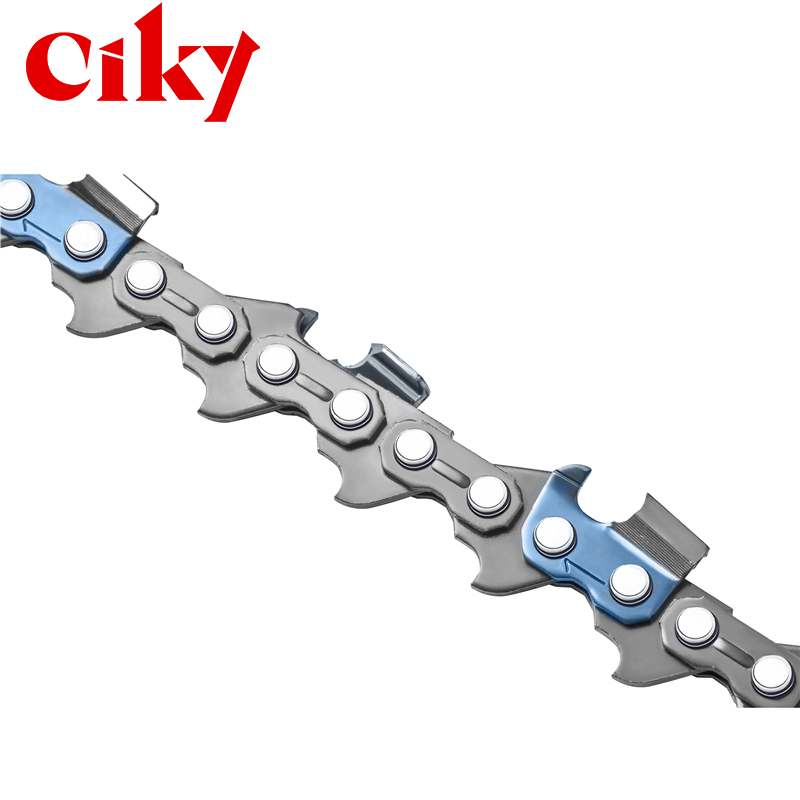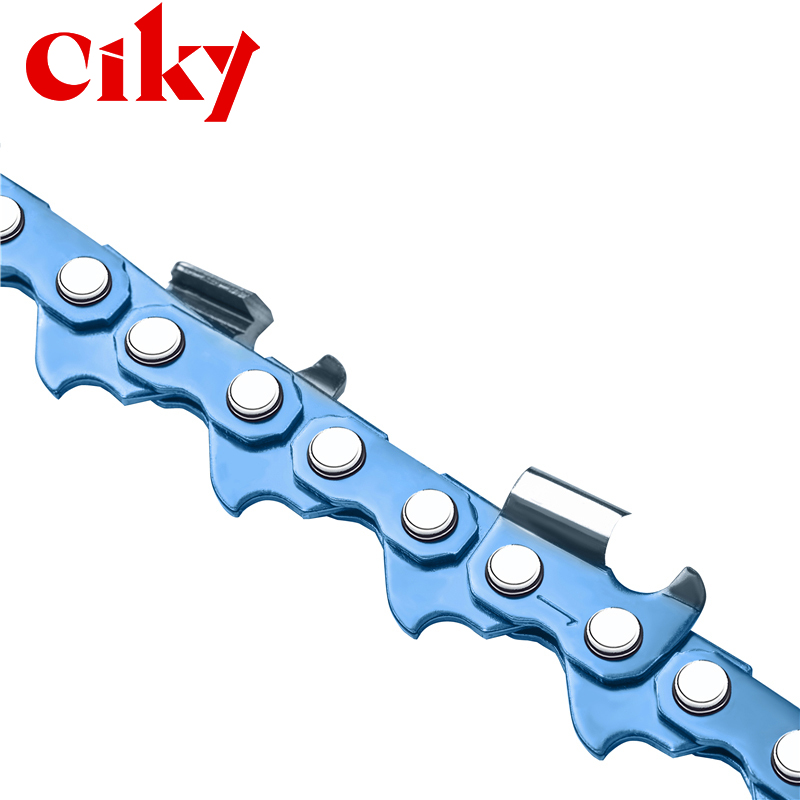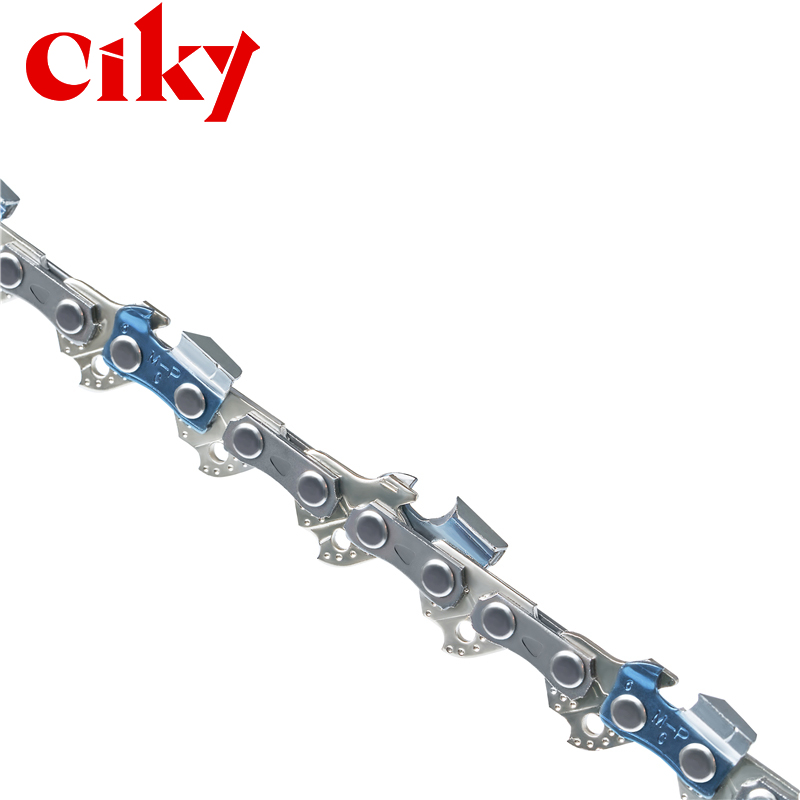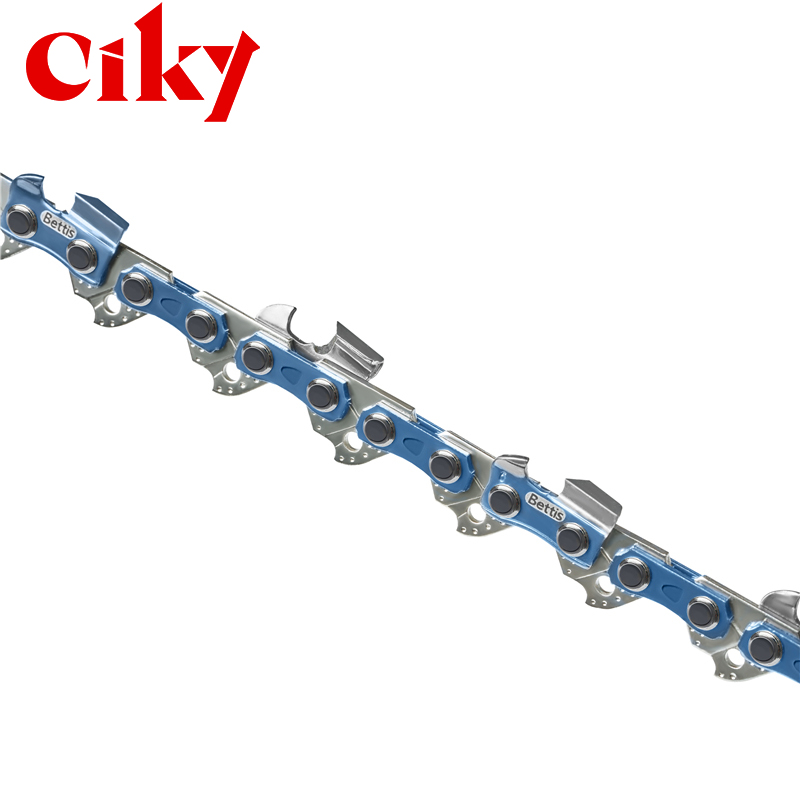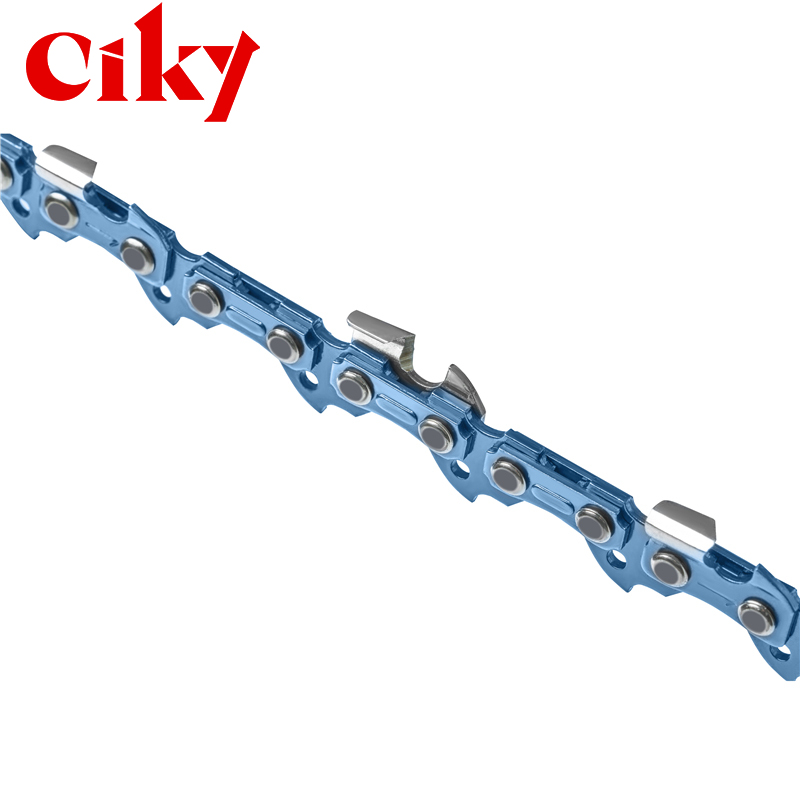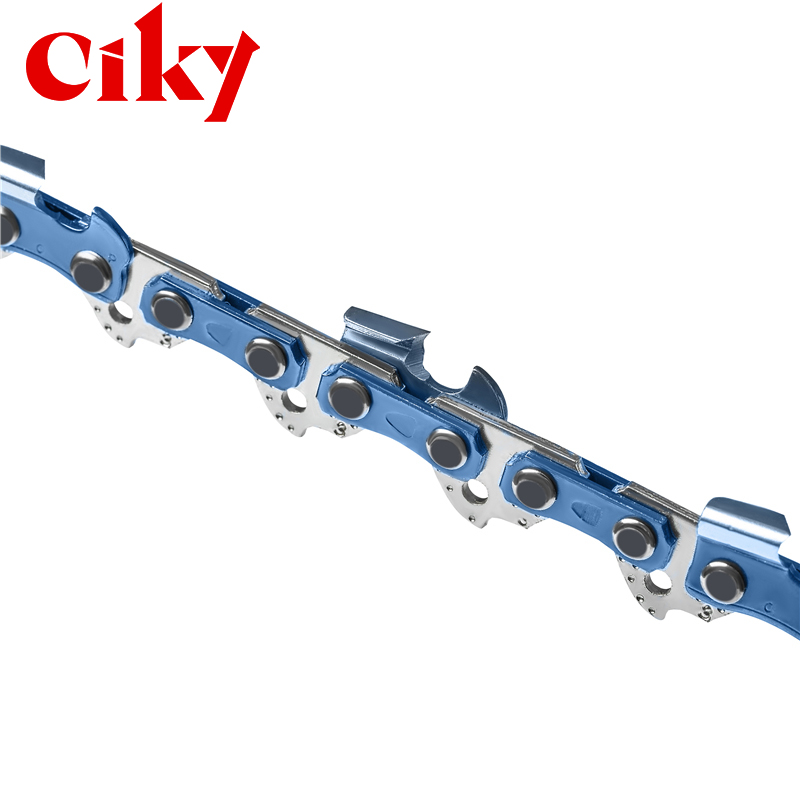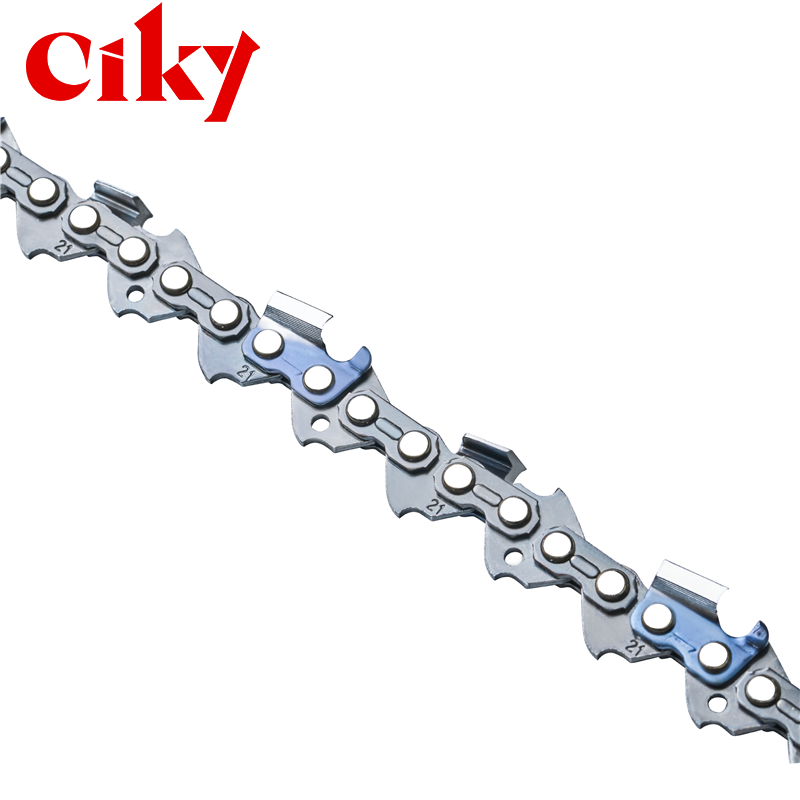The Silent Revolution: Low-Profile Chains Changing the Manufacturing Landscape
Author:admin Date:13-10-2023
Low-profile chains, as the name suggests, are conveyor chains characterized by their minimal height and streamlined design. Unlike their bulkier counterparts, these chains are discreet but highly efficient. Their slender build allows them to fit into tight spaces and navigate complex manufacturing processes with ease. Let's delve deeper into the reasons behind their growing popularity.
Space Optimization:
One of the primary benefits of low-profile chains is their ability to optimize space within a manufacturing facility. Traditional conveyor systems often require significant floor space, which can limit the layout possibilities. In contrast, low-profile chains can snake through narrow gaps and tight corners, making it possible to design more efficient and compact production lines.
Enhanced Flexibility:
Manufacturers are increasingly adapting to changes in consumer demands and production requirements. Low-profile chains offer unparalleled flexibility by allowing quick and easy adjustments to conveyor routes. This adaptability is crucial in industries where customization and rapid changes are the norm.
Improved Efficiency:
Efficiency is the lifeblood of manufacturing, and low-profile chains excel in this regard. Their sleek design reduces friction and energy consumption while maintaining durability. This translates to cost savings over time and contributes to a more sustainable production process.
Quiet Operations:
The noise generated by traditional conveyor systems can be a significant drawback, leading to discomfort for workers and increased maintenance needs. Low-profile chains, however, operate quietly, providing a more pleasant working environment and reducing the risk of hearing damage among employees.
Minimal Maintenance:
Low-profile chains are engineered for longevity and require minimal maintenance. Their durability means less downtime and reduced maintenance costs, contributing to higher overall productivity.
Safety:
Safety is a paramount concern in any manufacturing setting. Low-profile chains are designed with safety in mind, featuring protective covers and guards that minimize the risk of accidents and injuries. This enhances workplace safety and reduces liability for manufacturers.
Automation Integration:
In an era of increasing automation, low-profile chains seamlessly integrate with robotic systems, enhancing the efficiency and precision of production processes. Their low-profile design allows them to work in harmony with robotic arms, facilitating the creation of sophisticated assembly lines.
As low-profile chains continue to gain traction in the manufacturing world, their silent revolution is shaping the industry in profound ways. From optimizing space and increasing flexibility to improving efficiency and safety, these unassuming components are quietly transforming the landscape of modern manufacturing. Manufacturers who embrace this innovation will undoubtedly gain a competitive edge in the ever-evolving world of industry. Low-profile chains are proving that sometimes, it's the quietest revolutions that have the loudest impact.
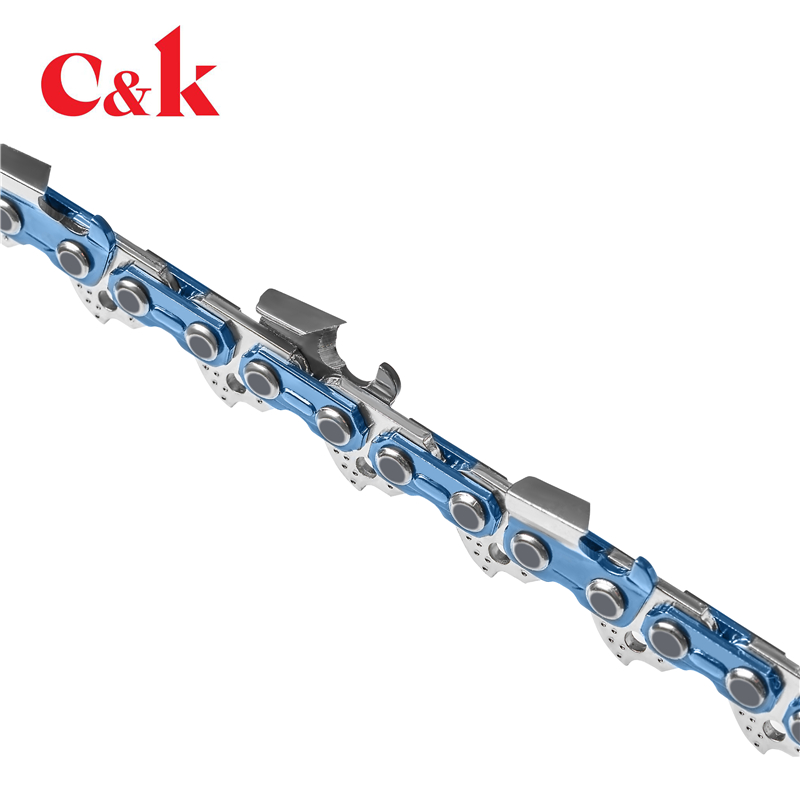
Space Optimization:
One of the primary benefits of low-profile chains is their ability to optimize space within a manufacturing facility. Traditional conveyor systems often require significant floor space, which can limit the layout possibilities. In contrast, low-profile chains can snake through narrow gaps and tight corners, making it possible to design more efficient and compact production lines.
Enhanced Flexibility:
Manufacturers are increasingly adapting to changes in consumer demands and production requirements. Low-profile chains offer unparalleled flexibility by allowing quick and easy adjustments to conveyor routes. This adaptability is crucial in industries where customization and rapid changes are the norm.
Improved Efficiency:
Efficiency is the lifeblood of manufacturing, and low-profile chains excel in this regard. Their sleek design reduces friction and energy consumption while maintaining durability. This translates to cost savings over time and contributes to a more sustainable production process.
Quiet Operations:
The noise generated by traditional conveyor systems can be a significant drawback, leading to discomfort for workers and increased maintenance needs. Low-profile chains, however, operate quietly, providing a more pleasant working environment and reducing the risk of hearing damage among employees.
Minimal Maintenance:
Low-profile chains are engineered for longevity and require minimal maintenance. Their durability means less downtime and reduced maintenance costs, contributing to higher overall productivity.
Safety:
Safety is a paramount concern in any manufacturing setting. Low-profile chains are designed with safety in mind, featuring protective covers and guards that minimize the risk of accidents and injuries. This enhances workplace safety and reduces liability for manufacturers.
Automation Integration:
In an era of increasing automation, low-profile chains seamlessly integrate with robotic systems, enhancing the efficiency and precision of production processes. Their low-profile design allows them to work in harmony with robotic arms, facilitating the creation of sophisticated assembly lines.
As low-profile chains continue to gain traction in the manufacturing world, their silent revolution is shaping the industry in profound ways. From optimizing space and increasing flexibility to improving efficiency and safety, these unassuming components are quietly transforming the landscape of modern manufacturing. Manufacturers who embrace this innovation will undoubtedly gain a competitive edge in the ever-evolving world of industry. Low-profile chains are proving that sometimes, it's the quietest revolutions that have the loudest impact.


 English
English Español
Español